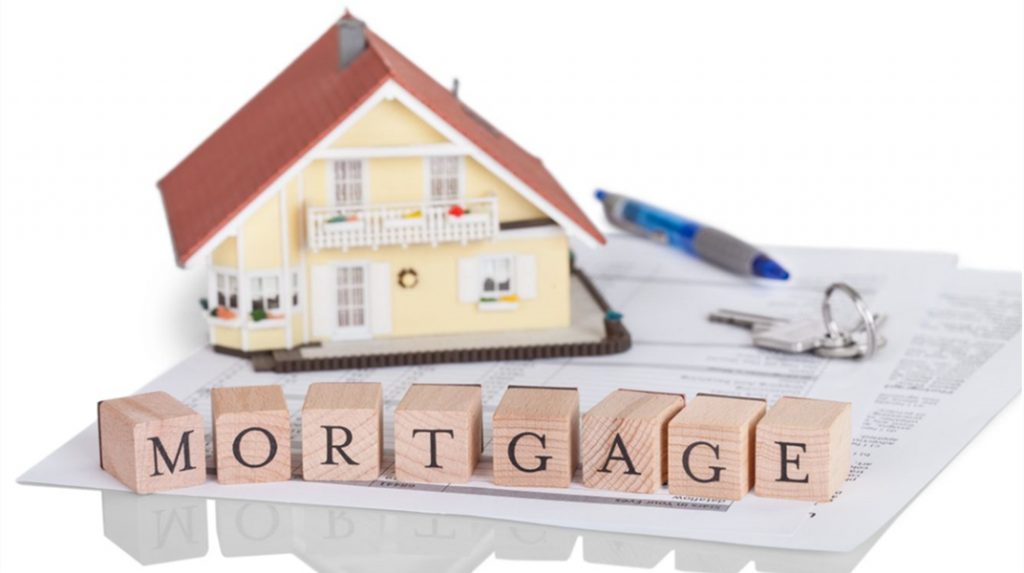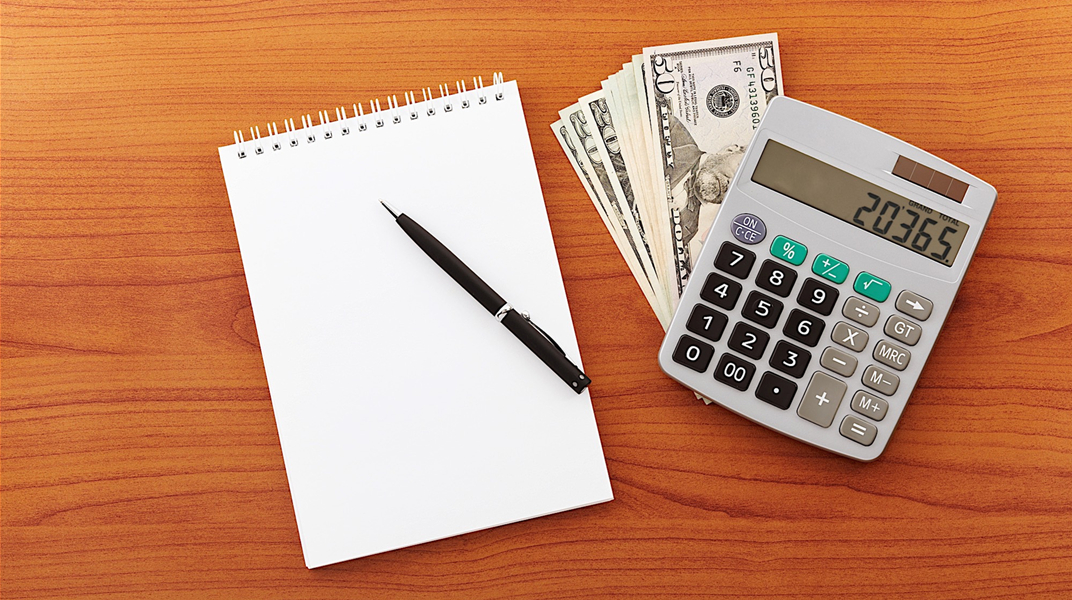There are several ways to identify your household purchase budget. You will check your savings and monthly earnings. But the most fundamental basis for what you can afford to pay is your mortgage.
A mortgage determines the value of the house that you will get. You might be wondering how it’s being computed. Okay, there’s a different basis for mortgage computing, and it’s going to depend heavily on your credit scores. But, in setting a budget, what matters is the different cost of your mortgage.
PITI refers simply to the four basic components of the mortgage. These are principal, interest, taxes, and benefits. Each prospective customer must know about these expenses because most of them assume that it is just the principal and the value that is involved. Taxes and insurance will also be included every month. It is wise to learn how they will be part of your monthly expenses to avoid variance between what you predict and the actual amount.
The letter P is the word principle, which refers to the sum borrowed. Payments are made over the entire duration of the loan. When you opt for a loan with a period of 10 years, the cumulative amount lent would be split by the number of years. Nonetheless, annual fees will be too much to be paid for. This is generally charged every month. The annual amount would, therefore, have to be spread throughout the year.

Interest is represented in the first letter I. This is where the income of the lending companies is earned. Your interest rates will rely heavily on your credit scores. And the amount can be changed or fixed. That’s why your loan is going to be higher than the main figures.
Property taxes are always included in the cost of the home purchase process. The rate of property tax may fall from 2% to 4%. They are generally charged annually. But you can arrange it on a monthly basis to make it more convenient for you. You can even pay for it on your own. Alternatively, you may prefer to have your lender get your payment and make the disbursement.
If you prefer to pay your down payment below 20%, you will be asked to purchase private mortgage insurance. And that means you’re going to have an extra cost. You’ll also need to get homeowner insurance when you finance your home. That extra cost will help you protect the interest of the bank if anything happens to your home.



